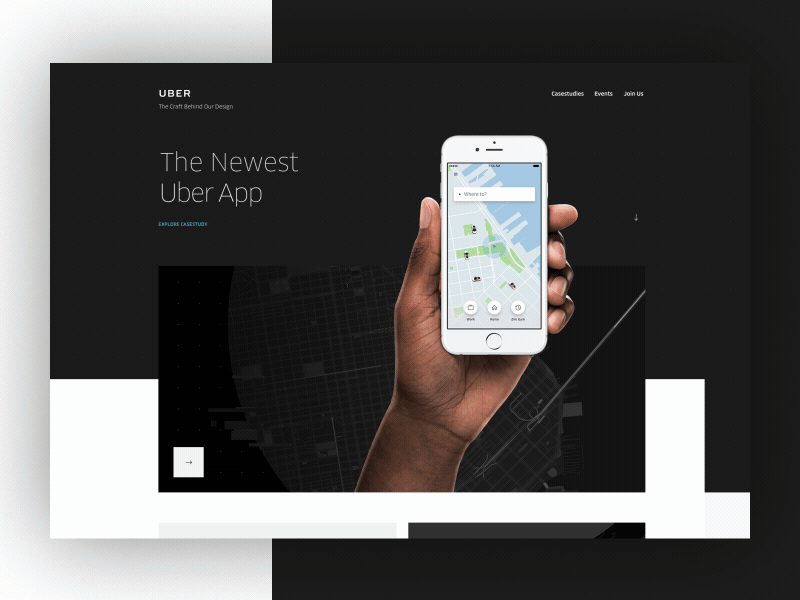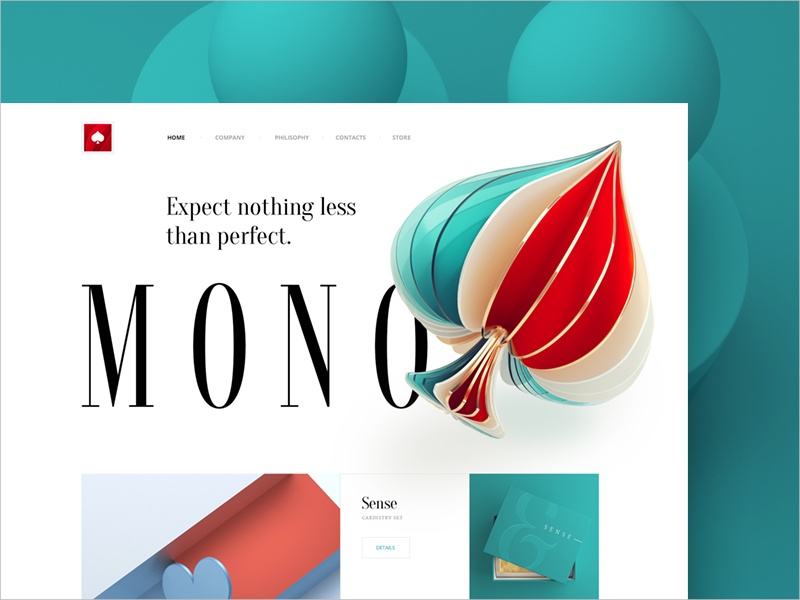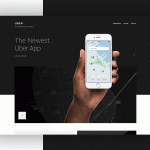We live in an age where we spend most of our time browsing the internet than actually conversing with others face-to-face. While our actions are limited, there’s no denying how this has made life more efficient. But because of how common this practice has become, a lot of companies have resorted to web branding to draw attention. Although a lot of companies have attained successful branding from such, there are a few others struggling to get by. Knowing this, we formed a list of ways to help enhance your website’s branding without breaking the bank:

1. See Things From a User’s Perspective.
A website is seen from three different perspectives, specifically that of the user, the web designer, and the website’s owner. Among the three, the user’s perspective plays a critical role in the success of the website. If the website fails to serve the needs of the user, in terms of both form and functionality, then this could cause a negative impact in user experience. It’s important for a website to provide information that’s relevant for a user to grasp, namely the essence of your brand, what you do, and why you could be trusted. You have to make sure your website presents the necessary data clearly and efficiently as well.
2. Market, Don’t Brag.
There are instances when a company brags about how great they are, without even giving a good reason why one should believe it’s true. As a consumer, you’d want to know the value of a given product or service, how it could benefit you, and why it’s your best option. With that in mind, a website should provide useful information that would convince a customer to avail of a given offering, rather than scare them away with empty promises.
3. Use Visuals to Deliver a Message.
For one thing, strong visuals can greatly impact one’s perception towards a brand. Not only can this appeal to your customers, but it can also convey your message loud and clear. You can do so by adding various design elements to your website, such as fonts, colors, and images that showcase your brand’s personality. But even then, try to keep it to the bare minimum to avoid chaotic elements from distracting a user’s view. It would also be best to be specific with your message by staying away from the usual images of smiling faces that are completely irrelevant to the brand you’re marketing.
4. Add Credibility Through Testimonials and Publications.
Customers can be quite picky with their purchases, and they have good reason to be. As consumers, we want to make sure that what we get is worth penny. Knowing this, sharing client testimonials and significant publications about your brand is a great way to provide assurance for your potential customers. After all, reviews always add that extra push for a brand to sell. Adding this simple yet persuasive feature to your website can easily help you establish yourself as a company.
![]()
And as for capitalizing on press and publications, do it in a subtle way. You don’t want to come on too strong, nor would you want to take away the attention from what’s in focus.
5. Become a Reliable Resource.
While this is completely optional and may only be done by certain brands, as this depends on the nature of a business, sharing informational or educational content is a great way to expose your website. You could publish articles and attach downloadable materials that site visitors may benefit from. Adding anything on your site that you could capitalize on is great for business, as this may also spark curiosity on whatever you can offer. However, you have to make sure the information you give out is exactly what they need, otherwise, they’re likely to visit competing for websites instead.
6. Avoid Jargon.
A common rule in providing a positive user experience: don’t give users a hard time. Regardless of the industry you are in, along with the specific market you serve, you should be able to cater to any type of user. With that in mind, avoid using terms that only individuals of a particular profession can comprehend. Instead, for the benefit of all parties involved, it would be best to speak in terms that an average individual can understand. Using these fancy terms might seem like a clever trick to impress an audience, but there’s no way anyone would even think of using jargon to search for a given product or service.
7. Trigger Engagement.
We all know how social media has changed modern-day society in ways we never would have imagined, but social media also has its share of significance in the world of business.

Communication is key in terms of branding. And because social media has dominated our everyday lives, using it as a platform for branding will keep your audience engaged and up-to-date on the latest happenings. You can build this connection by first promoting your channels on your website. Start by adding social media widgets to your site for immediate interaction. This will prompt curiosity towards your brand, helping you market your products or services effectively. Consumers will see your company as more human rather than a faceless corporation.
8. Keep it Simple.
Going back to the first trick on this list, it’s all about delivering a proper user experience. You might know about the do’s and don’t of UX or about designing content for UX, but do you know why a simple website design is so important for branding?
There’s no better way to describe this than to say that a simple design would make it easier for users to find what they’re looking for. Don’t focus too much on developing an advanced, futuristic feel to be one step ahead of your competitors, as this will only make it difficult for the average user to locate basic information. Make it as user-friendly as possible, otherwise, you might end up driving people away from your website.

With all these tips and tricks to improve your website’s branding, it all comes down to how well you can execute these to make your online presence known and create a positive customer experience. Focus on enhancing your brand by drawing in customers with appealing content and user-friendly elements.



